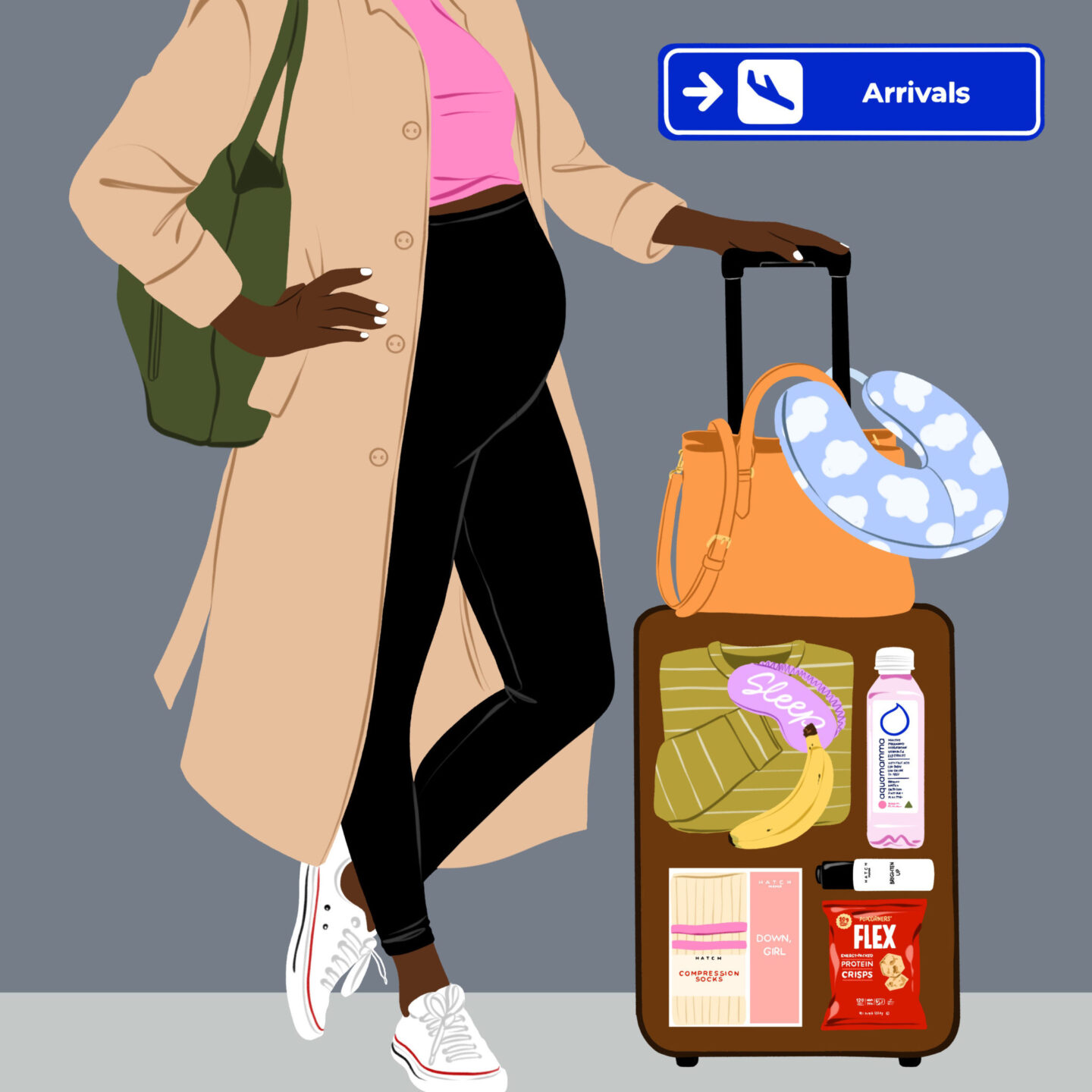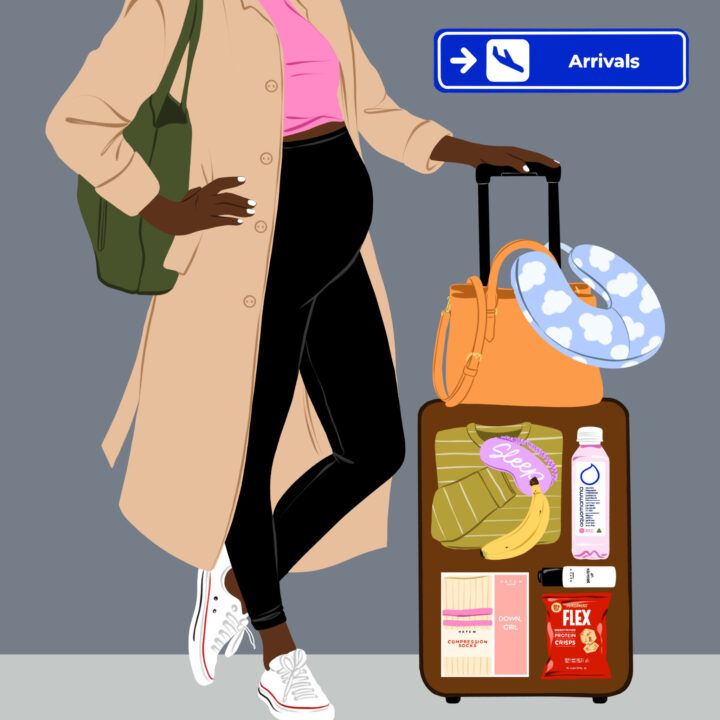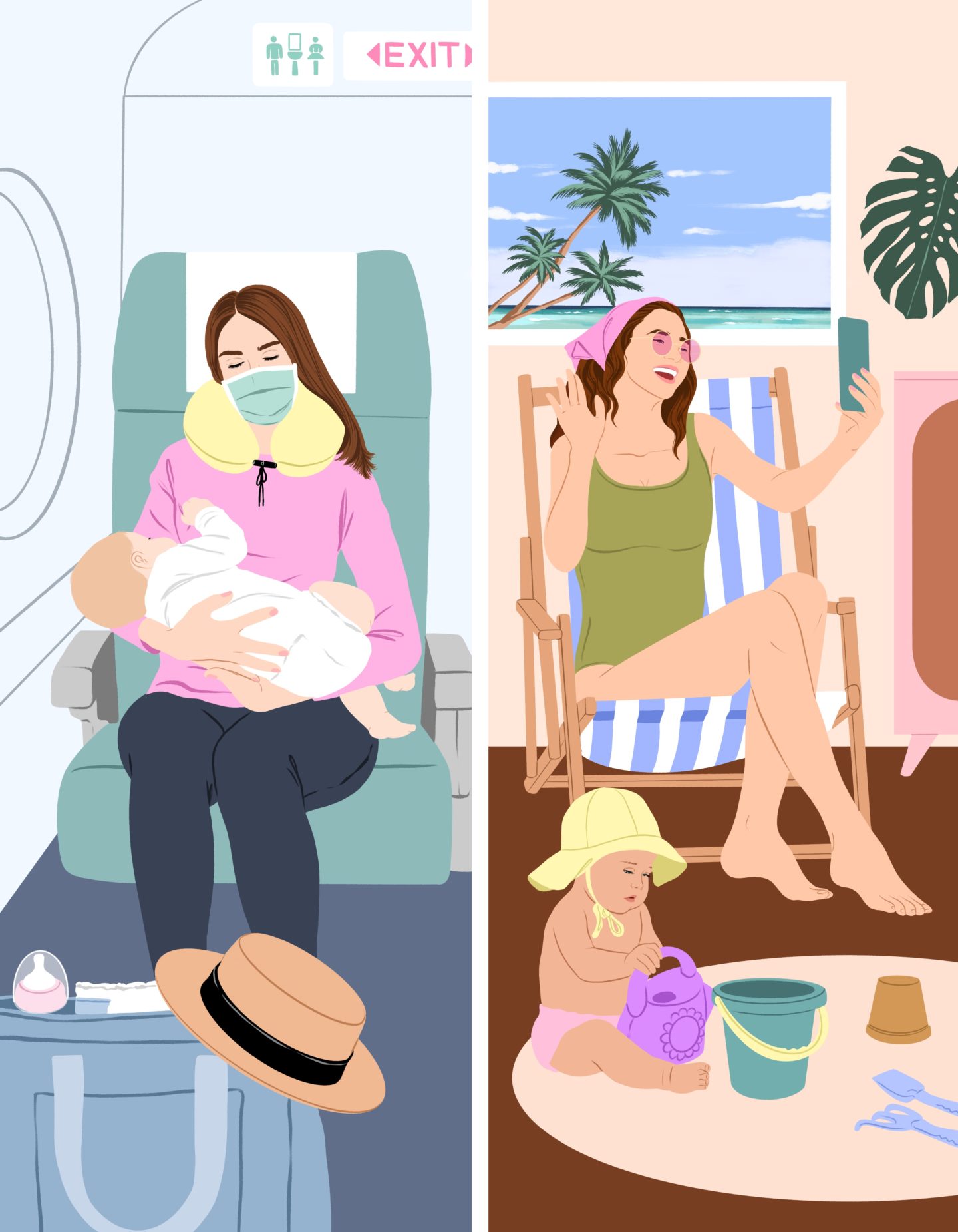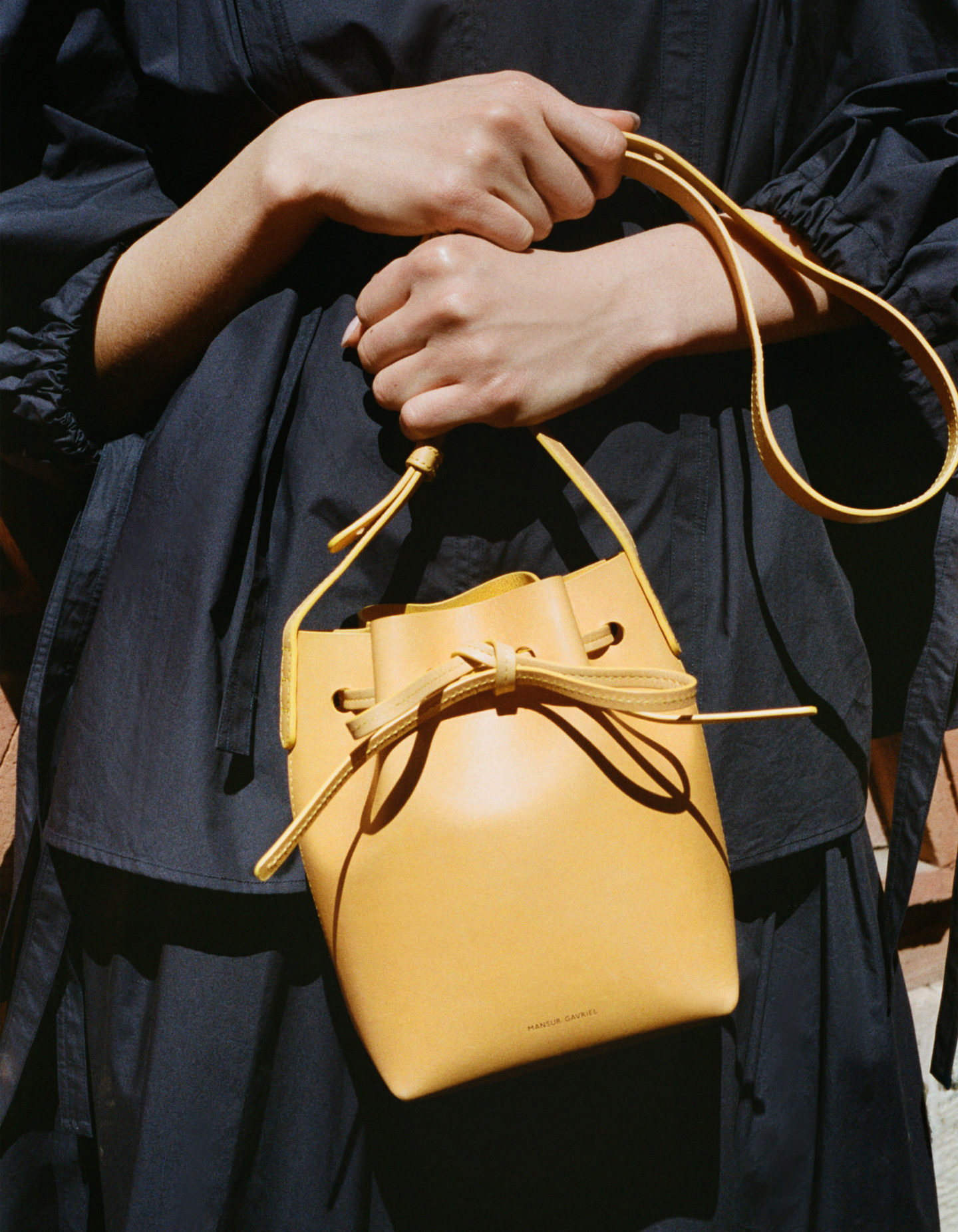Welcome to an engaging conversation with Alexis Bowen, the innovative founder of Elsewhere. Alexis brings a wealth of knowledge on eco-friendly family travel, offering invaluable tips on sustainable packing, managing jet lag, and choosing environmentally conscious and culturally enriching destinations. Her insights transform travel from simple sightseeing into a profound, educational journey, enriching the lives of both parents and children. Dive with us into Alexis’s unique perspective on travel, where every trip is not just a journey but a rich tapestry of experiences and learning opportunities for the entire family. Journey on!
What are the best eco-friendly packing items for parents traveling with babes to make the journey easier and more sustainable?
I’m naturally a minimalist, so I tend to steer toward a more lightweight travel footprint over convenience, as the two can sometimes act in opposition. Babies need a lot of gear, but their needs are limited and straightforward – sleep, food, and diaper changes. For sleep, a pack-and-play is essential. We got away with a stroller bassinet while our baby was under four months old. Food, breast or bottle, or whole foods to gnaw on if they’re older. Diapers, don’t stock more than a week as you can find these almost anywhere in the world. Outside of these necessities, other essentials are a stroller (extra points if the baby is young enough to sleep in the stroller bassinet), a car seat (lottery if the car seat also functions as the stroller), a travel diaper changing pad, and at least three changes of clothes per day. Everything else in my book is not essential (keep the monitor, baby bath, snot sucker, white noise machine, and bottle warmer at home. Yes, I’ve seen it all!).
What tips does Elsewhere offer parents to help their babies maintain sleep routines and cope with jet lag when traveling across time zones?
Time zone shifts are tough and one of the most difficult parts of traveling with young kids. There’s no easy way around it, although being diligent about sleep and nap times does help.
My recommendations are simple – get outside as much as possible during daylight. Soak up the sun and move your body. This will help set the circadian rhythm. Limit naps to two hours max. Any longer, and you delay the adjustment and be strict with a minimum two-hour wake window before bedtime. As much as possible, keep your bedtime routine as close to possible as it is at home to cue your baby that it’s time for a long sleep. For us, this is simply a bath, a bottle, and a book. (Before you ask, I only bring one small book and re-read it repeatedly to save luggage space). The next morning, start your day as you normally would, around 6-8 am local time, to maximize sunlight and help set you and your baby’s internal clock. And last, be gentle with yourself and prepare for night wakings. The first few days will be rough, but you and your baby will adjust to enough sunlight and limited naps.
And if the challenge of time zones is something you want to avoid entirely, you still have excellent options to explore internationally without time zone disruptions. In the eastern time, Colombia, Peru, Ecuador, and Panama are excellent options. Costa Rica, Guatemala, and Belize are in Central Time, and Mexico is split between Central and Mountain Time.
What are some of your favorite sustainable destinations for families with babies?
The top two sustainable destinations are Costa Rica and Iceland. In terms of sustainability, both Costa Rica and Iceland got a gold medal. They are near net zero carbon emissions, are safe and secure, have low poverty rates, and are socially progressive. Activities are family-friendly and educational and centered around celebrating nature and biodiversity unique to each country.
In Iceland, you can go whale watching or visit geothermal plants that provide clean energy for the entire island. In Costa Rica, you can zipline through a cloud forest or go bird-watching to discover all the endemic species.
Iceland is one of the most surreal landscapes in the world and is known for its focus on renewable energy and sustainable practices, but it’s also socially responsible, LGBTQ-friendly, and has one of the highest gender equality rates in the world.
These two countries, while opposites in terms of landscapes and cultures, are endlessly fascinating for families, and the destination itself acts as a classroom.
Costa Rica is one of the most politically stable countries in Latin America, with one of the lowest poverty rates in the world. It’s a demilitarized state, meaning rather than fund a military, Costa Rica invested in its people and ecology. Costa Rica now has very low poverty rates, excellent infrastructure, and a healthy ecosystem with thriving cloud and rain forests.
Both Iceland and Costa Rica have prioritized protecting their natural resources and invested in renewable sources, making both countries the greenest in the world and powered almost entirely by renewable energy.
How can parents immerse their babies in local cultures, engagingly for the child yet respectful to the community? Are there certain types of experiences that you find work best for families with young children?
Travel is the best education you will ever give your kids. Travel challenges the mind and perceptions and rewires your brain. Getting outside our comfort zone and embracing the unfamiliar takes us off autopilot and maximizes our brain’s neuroplasticity. Travel will open your children’s minds in ways that can’t be done in the home environment. They will meet people from other cultures, sit at dinner tables, share new flavors, and learn to eat with chopsticks. They will challenge themselves physically by pushing themselves to reach the top of a viewpoint or catch a wave while learning to surf. Transiting alone will get their neurons firing by understanding new subway systems and trying to decode signage in other languages. Hoping on a train to the Dolomites is not just an idle moment of transit; it’s a learning and sensory experience as the train car is packed with Italians and your journey through mountain tunnels and breathtaking scenery. Travel teaches children about the world in a way they could never understand in books and movies and makes them more open and accepting of different perspectives and ways of life.
Alexis Bowen is a respected expert in the travel and tourism industry and co-founder of Elsewhere, a travel marketplace connecting travelers with local experts worldwide. She has been featured by top publications such as the New York Times, Vogue, and USA Today and was chosen as the face of Canva’s ‘Start-up Success Story’ in their prime-time international television campaign. Drawing on her experience working with major industry players and as a response to the state of the industry, Alexis co-launched Elsewhere in 2021 to shake up the all-too-traditional tourism space with a digital approach, values-driven mission, and direct-to-local model. The company was acquired by Lonely Planet in 2022.
When not focused on growing her company, Alexis can be found exploring. She has hitchhiked and couch-surfed her way around the world and is happiest in her simplest state – with only a backpack and a limited agenda. A California native, Alexis spent the last ten years living in Paris before recently relocating back to her home city of San Francisco to begin a new adventure – raising her little girl.




